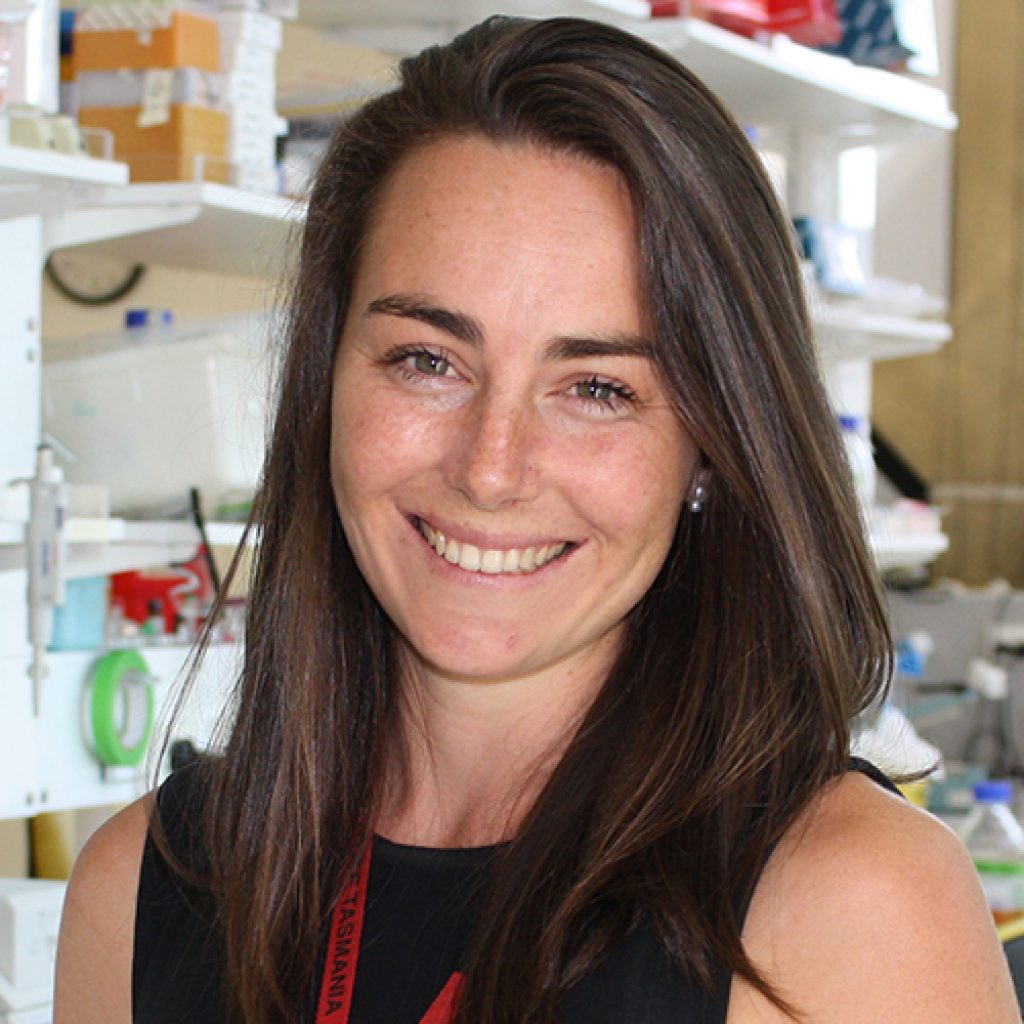Tell us about your current research project...
Pain is prevalent in MS, yet there is uncertainty about the nature of MS-related pain, how pain fluctuates over time, and how it relates to other symptoms of MS. While pain has a substantial impact on people with MS, only a few studies have categorised the different types of pain that people with MS experience. Pain is commonly treated in MS, but low levels of relief have been reported. My current research project will focus on understanding pain in MS by examining specific types of pain in terms of prevalence, severity, predictability and its chronic nature. Pain management experiences will be examined by identifying which treatments are most frequently used, and which have the highest perceived effectiveness. The project is designed to improve the understanding of individual types of pain on people with MS, to develop advice on pain management for people with MS and health practitioners, and to design treatment intervention studies for specific types of pain.
